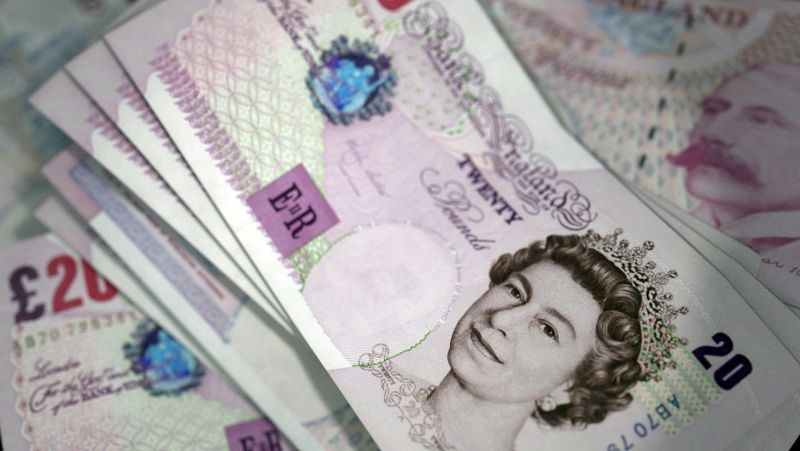
The pound regained ground on Wednesday, rising from a two-week low. Investors' strong doubts about the Bank of England's actions are fueling the interest of bidders in the British currency, increasing its quotes on the charts.
On Tuesday, sterling was overtaken by tangible losses due to comments by Bank of England Governor Andrew Bailey, who talked about the termination of support for British pension firms and long-term securities markets on Friday. Within an hour after these comments, the pound fell by more than 1%.
Now analysts expect that there will be no announced termination, and purchases will continue after Friday. The Financial Times reported that the British central bank has already privately notified bankers that it may still extend the purchase of bonds if market conditions require it.
In fact, analysts had little doubt that in the event of an increase in the yield of securities, the BoE would have to back off from its promises and resume its temporary bond purchase program.
By the time the material was prepared, the British pound rose by 1.28% against the dollar – to the level of 1.1103, overcoming 5-day losses. Recall that on Tuesday, the pound sank by 0.9% after Bailey proudly announced the suspension of the emergency bond purchase program by the end of the week.
The pound rose by 1.42% to 1.1452 against the euro on Wednesday.
The yield on British 20-year securities reached the highest level since 2008. And the yield on 30-year bonds has reached its highest level since the BoE announced interventions in the securities markets last month.
Meanwhile, official data showed that the UK economy unexpectedly contracted by 0.3% in August. This was facilitated by a noticeable weakening of production and repair work at oil and gas fields in the North Sea.
The volume of industrial production in the UK in August decreased by 1.8% compared to July. Analysts, by the way, expected that this indicator would decrease by only 0.2%.
There is an opinion among traders that unexpectedly weaker market growth in the UK will keep the central bank from further raising interest rates in the country. The BoE is likely to accelerate policy tightening in November in order to calm the rampant inflation. By the way, many expect a rate increase of 75 basis points at the next meeting.
It is obvious that the volatility of the British currency will remain elevated, and the short-term prospects are very uncertain.
 English
English 
 Русский
Русский Bahasa Indonesia
Bahasa Indonesia Bahasa Malay
Bahasa Malay ไทย
ไทย Español
Español Deutsch
Deutsch Български
Български Français
Français Tiếng Việt
Tiếng Việt 中文
中文 বাংলা
বাংলা हिन्दी
हिन्दी Čeština
Čeština Українська
Українська Română
Română

